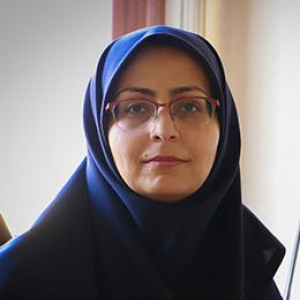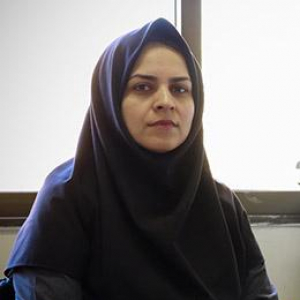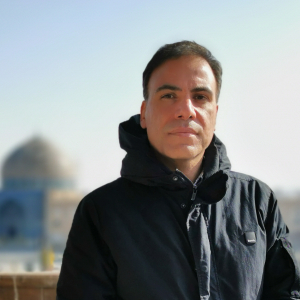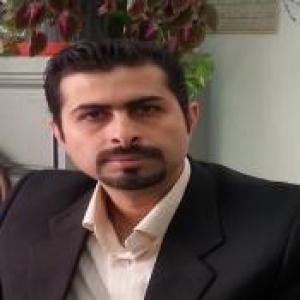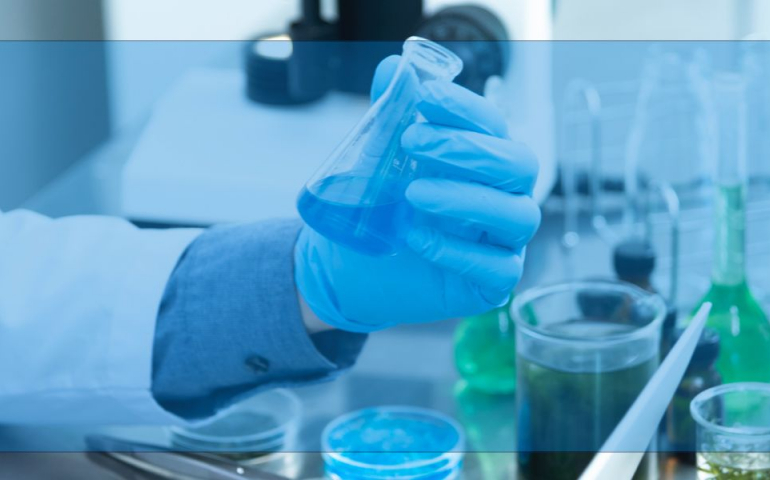Horticultural science
Department Overview
Department of Horticulture was established in 1983 at the Isfahan University of Technology (IUT) to help Iran’s horticultural industries achieve their full potential through research and marketing by educating and training students for careers in farm, industry, government, and academia. Our mission is to produce innovative graduates, create knowledge, enhance entrepreneurship and provide community service/outreach through quality teaching, training and technologically-oriented research in Horticultural Sciences and Technology. Our full time faculty members are teaching and investigating in the different fields of Horticulture including Pomology, Olericulture, Floriculture, Landscape Design and Postharvest Technology. This department provides excellent research laboratories, as well as specialized facilities and research and education greenhouses. Five hectares grape and other temperate and subtropical fruit collection and olive adaptation orchard are other facilities of our department. Currently the department of Horticulture offers diverse and highly rated educational programs in three degrees (B.Sc, M.Sc and Ph.D).
Academic Programs
Undergraduate
The Department of Horticulture’s undergraduate program offers valuable real-world experience and leadership skills by providing an innovative curriculum; varied extracurricular activities; research lab opportunities; professional and industry contacts and experience; numerous internships and scholarships. To obtain B.Sc. degree in Horticultural Science undergraduate students must take a total of 140 credits of which 20 credits are general courses, 31 credits are basic courses, 83 credits are major courses and 6 credits are selective courses. The gaduates find career opportunities in greenhouses, municipalities, research stations, private companies, etc.
Graduate
The Department of Horticulture’s Masters of Science and Doctor of Philosophy graduate programs attract students from different fields such as Ornamental plants, Olericulture and Pomology. Students pass 33 and 28 course credits for M.Sc and Ph.D, respectively. Students are supposed to conduct an original research for the thesis or dissertation, and defend in an oral examination.
Admitted students
We will accept international students in the coming semesters for the graduate programs. Admission to our graduate program will be highly competitive. Students are supposed to contact initially to a faculty member to be informed about any vacancy position. The minimum criteria for admission can be found in Admission Requirements for IUT. Applicants should hold at least a bachelor's degree or its equivalent in a crop related science from an institution of acceptable standing. The candidate's statement and recommendation letters should highlight the applicant's potential for performing independent, thoughtful research. The candidate's statement should include a description of the student's future research interests, as well as their motivation for pursuing graduate education.
Research fields
The department is actively engaged in the four major areas of micropropagation of horticultural crops, vegetable production technology, environmental factors affecting plant growth and post-harvest physiology.
Micropropagation
Micropropagation is a true to type propagation of selected genotypes using in vitro culture techniques. Realizing the potential of the techniques in the world trade of horticultural commodities, the department has initially directed its research towards developing protocols for the micropropagation of some horticultural important ornamentals, fruits and vegetables.
Vegetable production technology
Food production is increasing. It is essential to sustain increased production besides nutritional standard of people. It can be increased by increasing production of vegetables which will help to solve food problem as yield of vegetable crops is 4 to 10 times more than cereals. Thus, vegetables play a vital role on food front as they are cheapest-sources of natural foods and can admirably supplement the main cereals of the country. One of the Departments of Horticulture’s main functions is to provide technical services to farmers and general public in order to improve vegetable productivity and efficiency and thus improving people's living standards. Shortage of agricultural water force to increase greenhouse production area which has its problems to be solve.
Environmental factors affecting plant growth
Stress physiology is another major theme pursued by the staff at the department. The stress physiology lab of the Department of Horticulture is interested in exploring the physiological effects of stress on plants. Among the ongoing activities of the team are studies on the manipulation of environmental/cultural conditions to improve drought resistance in several fruit species. Several research projects have been carried out on the effects of soil water deficit and irrigation regimes on deciduous fruit trees including fruit set, yield and quality. Furthermore physiological studies of cold hardiness, salinity tolerance and heavy metal resistance in fruit and vegetables crops are under way.
Post-harvest physiology
The considerable qualitative and quantitative losses in horticultural commodities during handling, transportation and storage have been the subject of extensive studies. In these studies, the effects of crop maturity at harvest time, storage conditions, handling, etc. on post-harvest life of fruits, vegetables and flowers have been investigated.
Research Facilities
In addition to a set of greenhouses and research orchards on the campus, the department’s laboratories are equipped for the type research outlined above. Some of the major equipment in the department laboratories are listed below.
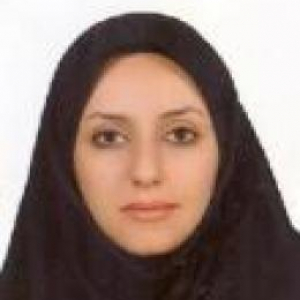
- 031-33913422
- 031-33913381
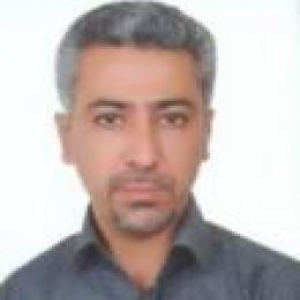
- 031-33913421

- 031-33913447
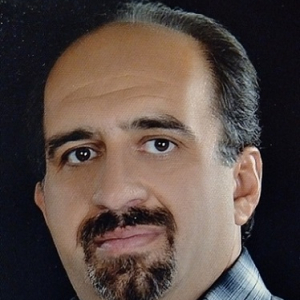
- 031-33913418




